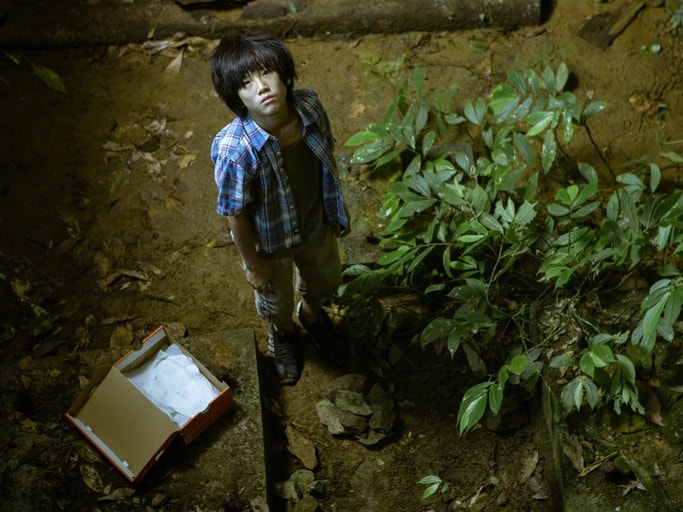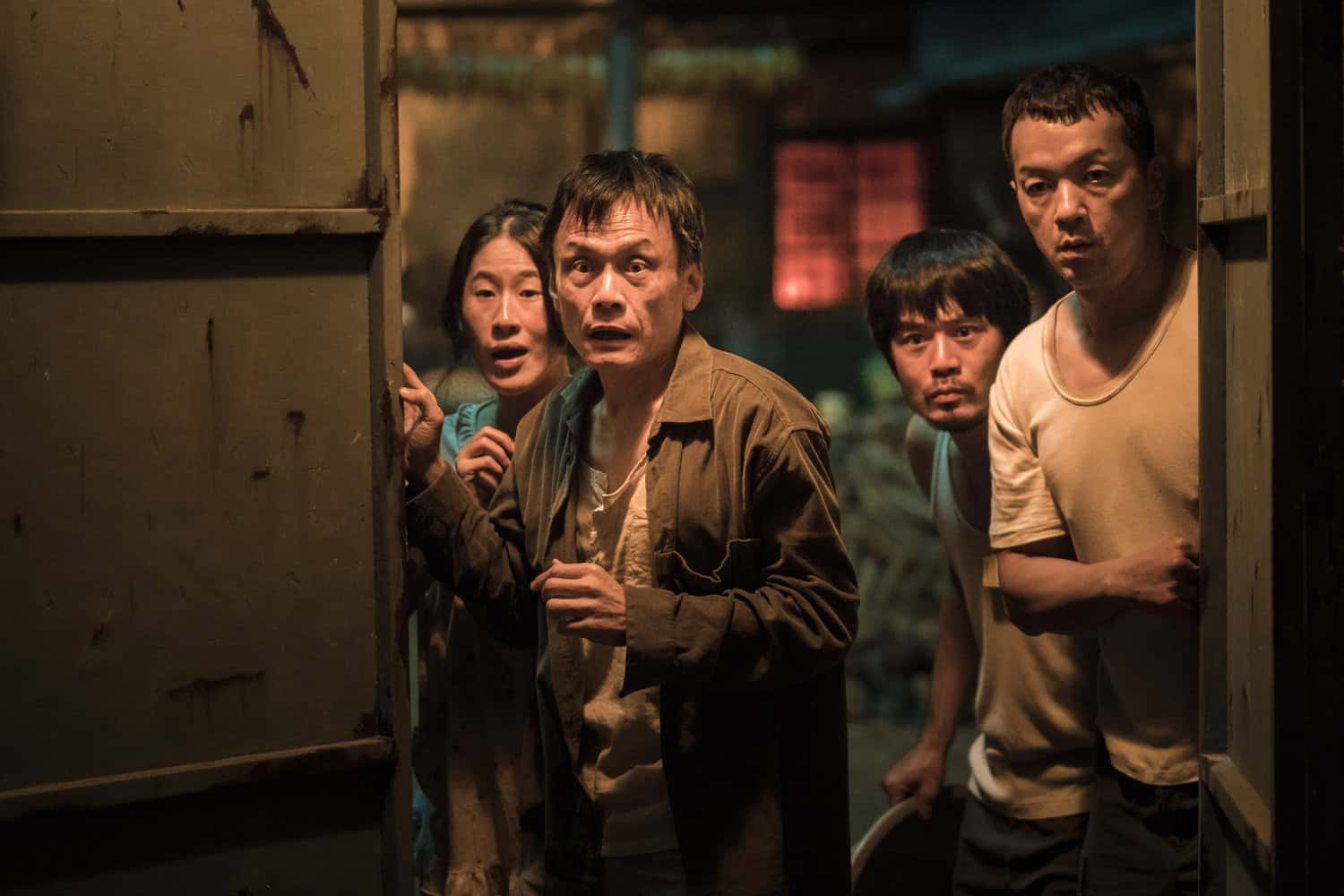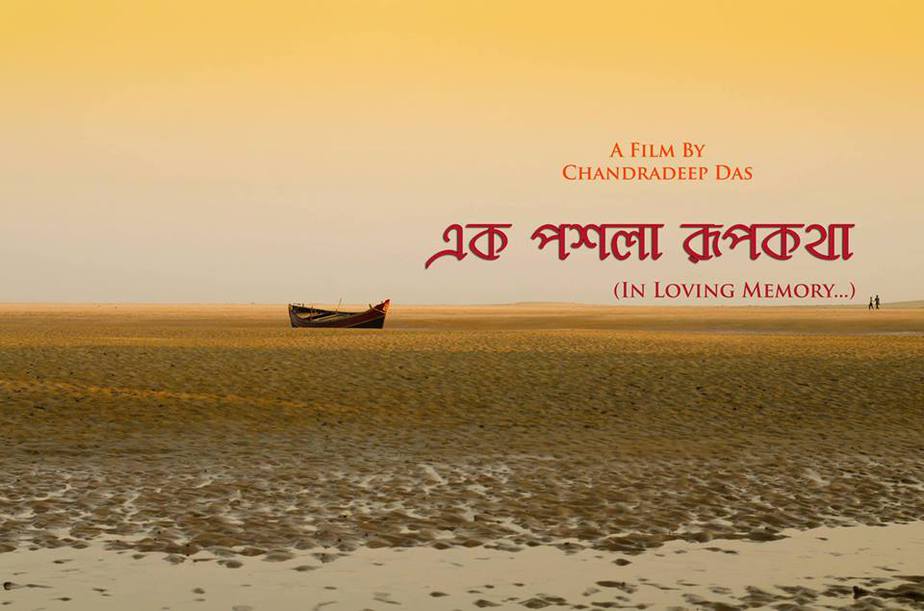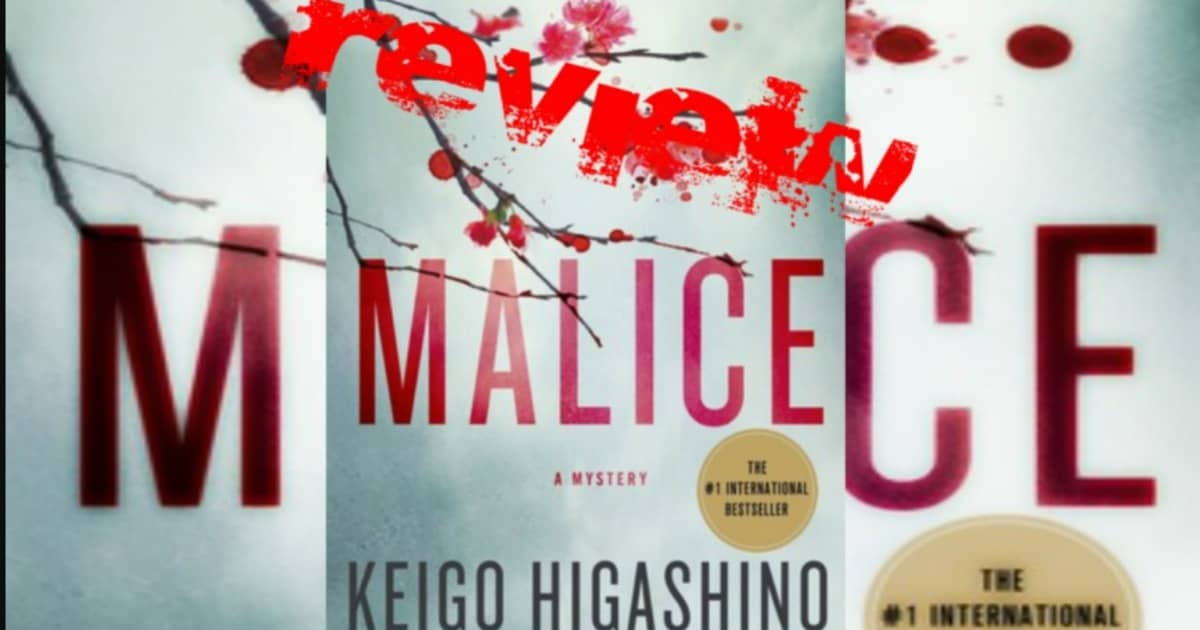“There is special providence in the fall of a sparrow” Hamlet mused towards the end of Shakespeare's titular play, accepting that it is only God who controls one's destiny, that God himself takes all matters on Earth not with a pinch of salt but with great significance. Every death, every life, every birth, and every breath – God considers all with utter importance. Of course, as we have advanced to this very moment ever since Shakespeare wrote his masterpiece, our questioning of significance in the eyes of an omnipresent deity has become more complex and more resolute; this is to the point where we might not have exactly killed God like Nietzsche once proclaimed but instead have placed him in a cage – much like the man in the opening of Shih Li's debut feature “Wild Sparrow” – allowing us a greater hand at manifesting our own destinies. In Li's concrete jungle of disconnect, not removed from an Abrahamic God but from the spirits and guardians of Taiwan, the demons once kept at bay by the wild sparrows are free to roam under the guises of twisted pleasure and false comfort.
“Wild Sparrow” is screening at New York Asian Film Festival

With school's closing down in Han's (Kao Yu-hsia) mountainous home – where he lives a peaceful, harmonious life with his great-grandmother and harbouring a greater affinity with the animals and trees around him than with people – he is transferred to a school in the city and forced into living with his estranged mother Li (Lee Yi-chieh in a beautifully vulnerable performance), a bar hostess who flits from one brief sexual encounter after another. Their relationship non-existent, Han is thrust into a strange world whose only solace comes from watching and imitating the male dancers down the street from his window as he wakes up to find another new man in the house or to his mother's drunken antics; Li, on the other hand, finds even less comfort in her lifestyle, living on tips, and blindly hanging on to any tenuous connection she can find in the dark. All this changes when Li takes in one of her male colleagues, making himself as her pimp, and thus triggering a darker change within the confines of her tiny apartment.
At its core, “Wild Sparrow” is a tale of polarising contrasts – of night and day, of sobriety and intoxication, of harmony and discord – and the repulsion in play when the two are forced to collide. A timid, fragile young soul like Han clearly does not belong in Li's more frivolous, turbulent world, and despite existing in the same frames, both are never given the time to actually co-exist. Through the eyes of her caged son, Li seems sick and he must care for her with congee; to the audience, her thoughts and actions are manipulated by the flurry of men who treat her as a pit-stop; to herself she is a blank canvas, an empty vessel drifting along not as a mother or even a human, but as a plaything lost in a sea of other playthings, and what little control she has over her life is quashed by her job and by her interactions. She doesn't have the time nor the energy to be herself let alone a mother, and the same can be said for Han who begrudgingly accepts his situation. For one fleeting (and unforgettable) moment this wall crumbles, as Li silently watches with warmth as Han dances to the rhythms playing outside his window; one singular moment enjoyed without the other's awareness, playing almost immediately after the drunken teasing and near emotional abuse of the night before.
What Lee and Kao bring to their roles is an understanding of their characters, as if presenting their own lives for the screen. In Kao's oft-expressionless demeanour harbours a restless energy waiting to break free, yearning for the mountains, and a means of escape; Lee meanwhile bears the brunt of a violent existence, mistreated and passed along like a hand-me-down, and her delivery of all this is excruciating. It is a hopelessness that hits close to home towards the beginning of the movie's closing act when the notion of escape becomes unbearably misleading. Li's vision here is indeed bleak, offering nothing tangible for her characters or audience to cling to until survival depends on it. Its situations, tropes, and character arcs are far from unfamiliar but the reality of emotional and psychogeographical disconnect is delivered with such gritty gravitas you still cling on for the ride, if only barely, wearing you down to the bone but cautiously avoiding completely breaking your spirit.
Waxing in the religious and philosophical along with Li's story is Wang Yun-jun's near absent score, save for the film's mountainous bookends, where the strokes play for poignancy yet at times go gunning for the oversentimental; yet the emotions ringing in your ears feel very real and in tune to the Han's longing for his breathable freedom. This too rolls over into Chen Chi-wen's gripping cinematography, losing us in the momentous scope of rural Taiwan whilst simultaneously driving us to scratching at the walls in the stifling claustrophobia of the city and within Li's four walls. Far from breaking new ground, Chen frames both worlds in a way that requires little faith to believe in, offering us a window into an experience we usually tend to shy away from for whatever reason and giving us little means of escape. Coupled with the slow pacing and brief run time (anything longer than 90 minutes may have lead to a more crippling depiction of the domestic violence seen onscreen, something which in itself felt surprisingly too brief) everything is ripe for an uncomfortable experience which doesn't leave you wanting more but enough to feel content in the notion that, for many of us, we never have to live anything quite as visceral as this. At least, that is the hope within these words.
The perils of caging the guardians of morality and virtue are dragged out in all its unpleasantness in “Wild Sparrow”; at times this is a little on the nose while at others it demands a little introspection. Not seeking to convert anyone into its way of thinking or inundating its audience with a guttural despondency, the film deliberately chooses the passive eyes of a child to contemplate its own message of significance; that is, the significance of existence, of our role in the greater human narrative. Deep down, we all yearn for the comfort, the security, and harmony of a home, a place to belong, just as Han does, just as Li knows she cannot deliver this, nor ever could, for her son. The world around us has other plans though and will continue to throw them until it gets a response. This is where Shih Li ultimately succeeds, in showing that even the loosest of responses to the world is enough to regain a sense of self and of purpose.















